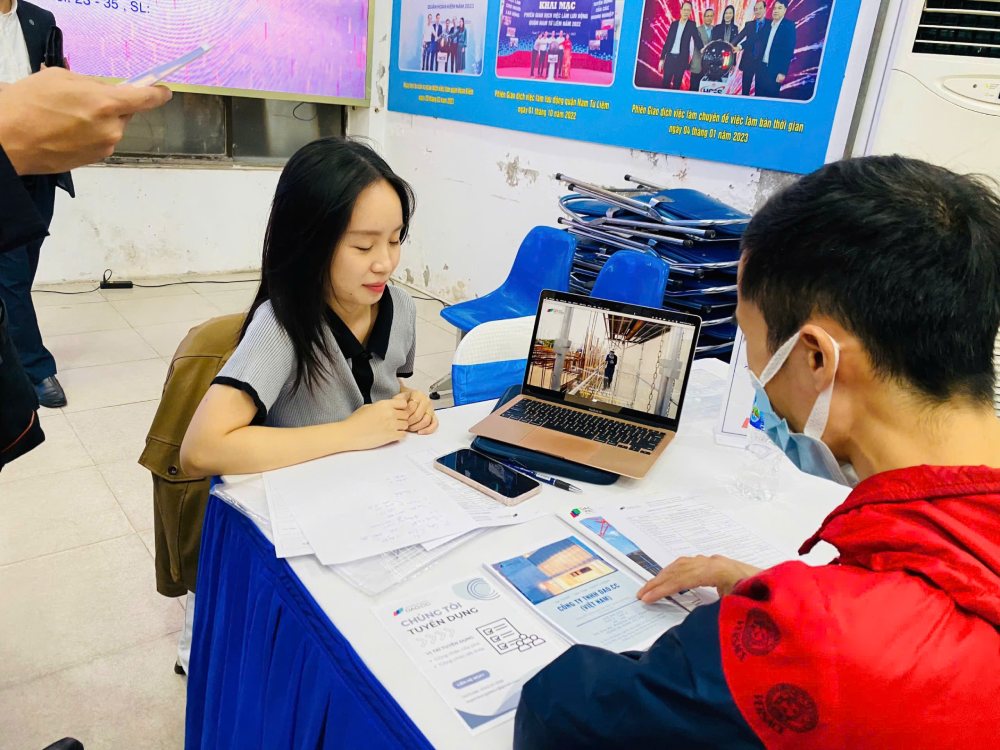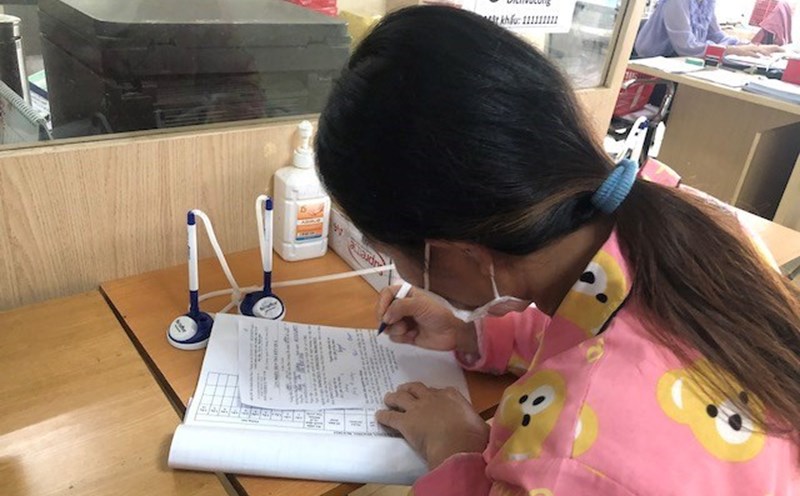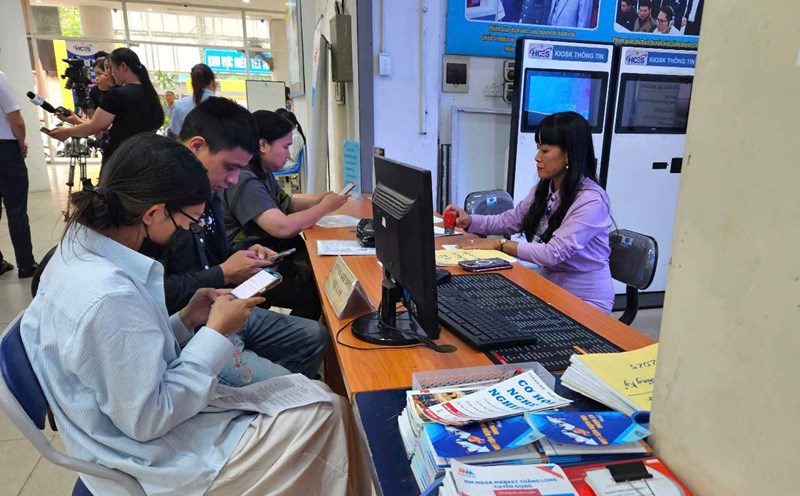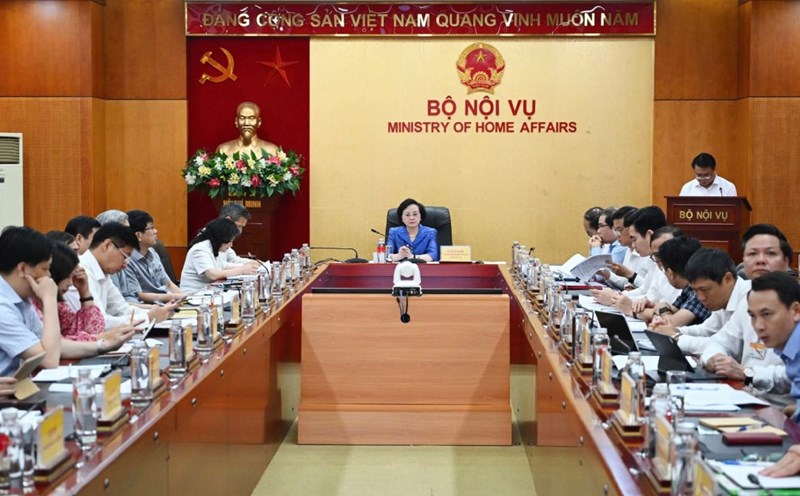The revised Law on Employment, effective from January 1, 2026, increases the support regime for workers receiving unemployment insurance benefits when vocational training. Experts say that in the context of digital technology, AI has penetrated deeply into all areas of life, and it can be calculated to apply this group of knowledge to train unemployed workers when they register to learn a trade.
The labor market is changing rapidly
Mr. Le Quang Trung - former Deputy Director in charge of the Department of Employment said that including knowledge of AI and digital technology in the training program for the group of workers enjoying unemployment insurance policies is necessary and should be done soon.

The current labor market is changing rapidly, many simple jobs are at risk of disappearing due to automation and artificial intelligence, while industries related to data, e-commerce, online services, and smart manufacturing are increasingly developing. We apply this knowledge so that workers do not fall behind, increase job opportunities and ensure more sustainable jobs in the future, Mr. Le Quang Trung emphasized.
According to Mr. Trung, the revised Law on Employment, effective from January 1, 2026, increases the support regime for workers receiving unemployment insurance benefits when vocational training. During vocational training, knowledge of AI and digital technology can be included in the training program for the group of workers enjoying unemployment insurance policies.
If only traditional occupations are trained, it will be difficult for workers to keep up with new demand. Equipping workers with basic knowledge of digital skills, using AI tools to support work, information security or technology system operation skills will help them have more opportunities to find jobs, and even create jobs for themselves. This is also a way for unemployment insurance policies to not only stop at temporary support, but also truly become a tool to reintegrate into the labor market for unemployed people.
AI creates pressure to update knowledge
Sharing the same view, Ms. Nguyen Thi Lan Huong - former Director of the Institute of Social Labor Science said that digital technology and artificial intelligence are strongly reshaping the global labor market and in Vietnam. Most sectors of the economy are applying AI, automation and big data to increase work efficiency and labor productivity. Along with that, many traditional job positions, especially simple or repetitive labor ( Material input, manual inspection, production line) have been narrowed.

In parallel, occupations related to data analysis, AI engineering, software development, cybersecurity, digital trade, and multi-channel customer service are growing rapidly. This encourages businesses to focus on recruiting people with digital skills, the ability to use technology, analytical thinking and soft skills (communication, adaptation, creativity).
This poses countless challenges for workers, especially disadvantaged workers (old workers, those with little professional training, rural workers), this is a group of workers facing a high risk of job loss when robots and machines replace them in production, logistics, sales, and simple services. For the group of qualified workers, the daily development of digital technology and AI creates great pressure to update knowledge and improve skills. In addition, in the era of globalization when working forms such as freelancer and remote working develop, it will create fierce competitive pressure for many job positions, Ms. Nguyen Thi Lan Huong emphasized.












